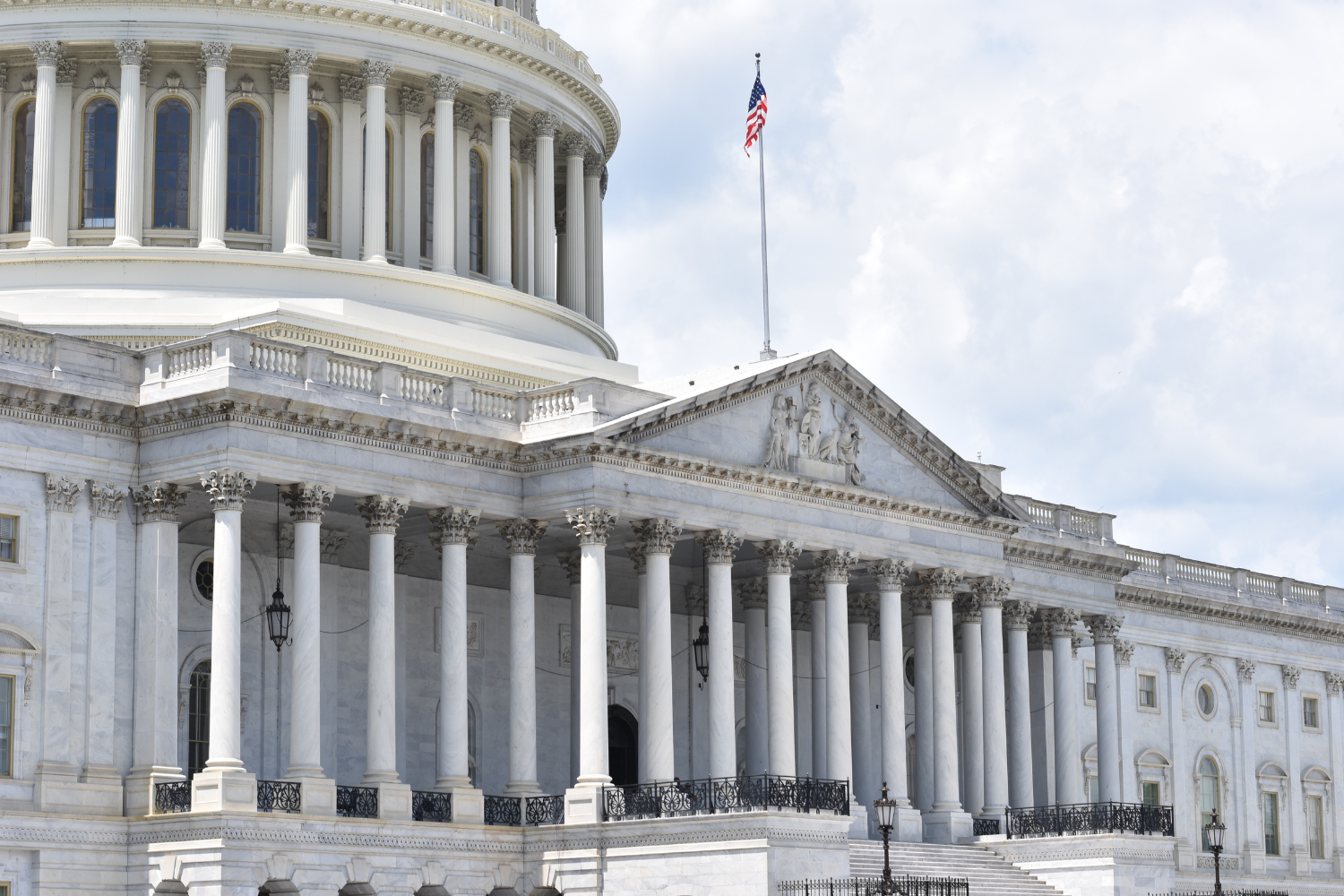On June 27, the Supreme Court released its decision in Kennedy v. Braidwood Management, Inc. The main issue in the case was whether a provision of the Affordable Care Act (ACA) concerning the United States Preventive Services Task Force (USPSTF) violates the Constitution’s Appointments Clause. Such a finding would result in USPSTF recommendations not being the basis for health care coverage requirements under the ACA.
The USPSTF is an independent entity convened by the federal government to make recommendations for preventive services, but the questions before the Supreme Court related to the authority of the Secretary of the Department of Health and Human Services (HHS) to oversee the body’s recommendations. Nearly all private health insurers and group health plans must cover certain recommended USPSTF-recommended preventive services with no patient copay. Specifically, Section 2713 of the ACA requires insurers and plans to cover services that received an “A” or “B” grade from the USPSTF; preventive services for women and children recommended by the Health Resources and Services Administration (HRSA); and vaccines recommended by the Centers for Disease Control and Prevention’s (CDC’s) Advisory Committee on Immunization Practices (ACIP), without cost sharing.
In a 6-3 decision, the Supreme Court held that the ACA requirement that insurers and health plans cover preventive services that received an “A” or “B” grade from the USPSTF with no cost-sharing is constitutional, and that the “[USPSTF] members are inferior officers whose appointment by the Secretary of HHS is consistent with the Appointments Clause”.
While the Supreme Court upheld the ACA requirement, the decision could still have an impact, as it affirms that “the Secretary may remove [USPSTF] members at will, enabling him to supervise and direct them,” and “[b]eyond at-will removal, the Secretary has statutory authority to directly review and block [USPSTF] recommendations before they take effect.”
It is unclear how HHS Secretary Robert F. Kennedy, Jr., might exercise this authority in light of the Court’s decision. For example, he could block future USPSTF recommendations or remove USPSTF members, including those who do not align with his policy agenda. Given that Secretary Kennedy recently removed all 17 members of ACIP, there is some fear that similar actions may be taken with the USPSTF.
The parties challenging the ACA had also raised questions related to whether the HHS Secretary’s ratification of recommendations from ACIP and HRSA violates the Administrative Procedure Act (APA). However, the U.S. Supreme Court did not review these claims. The federal district court will now resume briefing on the plaintiffs’ claim that the HHS Secretary ratifying HRSA and ACIP recommendations violates the APA.





